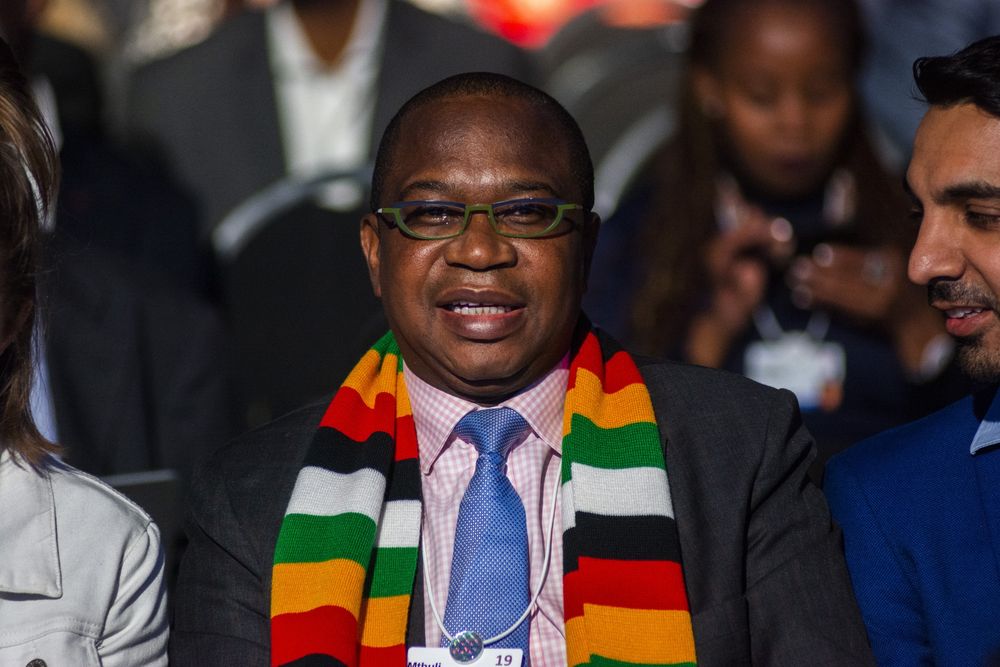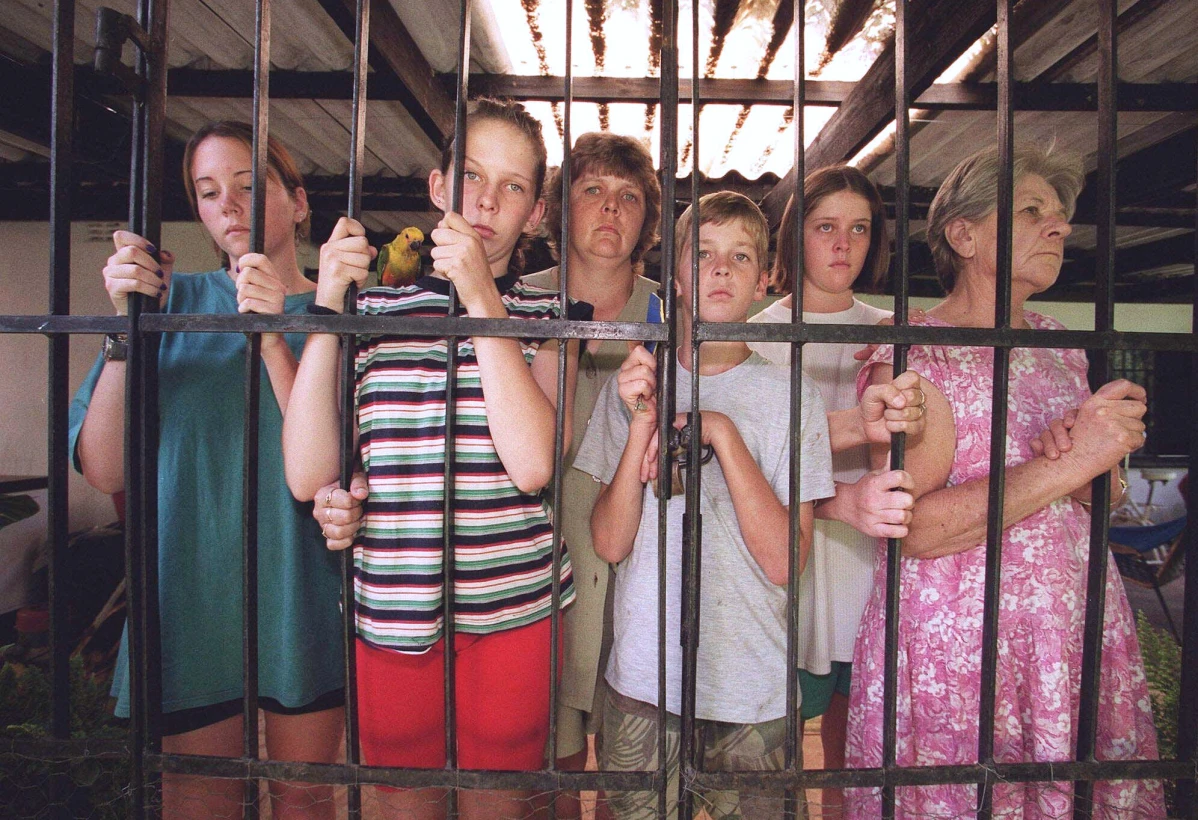HARARE – The government on Tuesday announced minor adjustments to civil servants’ pay and a battery of non-monetary incentives in a move aimed at breaking a paralysing strike by teachers.
Finance minister Mthuli Ncube announced a 20 percent increment backdated to January. With effect from March, civil servants will have part of their salary converted to US$100, he said.
In effect, the raise is abut Z$4,200 for a teacher earning $21,000. From March, that teacher will get Z$13,000, the US$100 and a US$75 Covid-19 allowance.
The award is a far cry from the US$540 demanded by unions.
Ncube also tabled non-monetary incentives targeting teachers, including the payment of school fees for up to three biological children capped at Z$20,000 per child.
Teachers can also import vehicles duty free, although the maximum value of the vehicles was not stated. They were also offered housing loan guarantees and the government committed to building 34,000 housing units or 2,125 blocks of flats to accommodate teachers at work over the next five years.
The Progressive Teachers’ Union of Zimbabwe (PUTZ) dismissed the government offer as “a tissue of misrepresentation that falls far short of the legitimate demands of patriotic teachers.”
“A better offer could have emanated from collective bargaining under section 65 of the Constitution rather than this unilateralism rubber stamped by the archaic and moribund Apex Council,” PTUZ president Takavafira Zhou said.
“As PTUZ, we will be guided by our members on the best way forward, but as of now our members are still incapacitated and the government has an obligation to capacitate them so that they can report for work.”
The PTUZ welcomed the offer to pay school fees for teachers’ children but said the “Z$20,000 upper limit per child per term falls far too little in comparison with the fees demanded in schools.”
“It will soon be eroded by inflation. It would have been better if it was pegged in United States dollars,” the union said.
The PTUZ said it also welcomed the offer for housing loan guarantees and the construction of institutional accommodation.
“However, there is a difference between a promise and implementation. With the corruption that has punctuated loan facilities and housing schemes in Zimbabwe, we certainly are convinced this is high-sounding nothing,” Zhou said.
The Amalgamated Rural Teachers’ Union (ARTUZ) said it “rejected this tomfoolery.”
“Teachers remain incapacitated until US$540 is restored,” it said.
The Zimbabwe Teachers’ Union (ZIMTA), the biggest union for teachers, said it was also consulting its members on the way forward.
Teachers have been on strike since Monday after declaring “incapacitation”. Most government schools remain closed. Little or no teaching is taking place at those that are open.
The government has used threats to try and break the strike but unions have dug in, prompting the latest pay offer which they are now weighing.
















